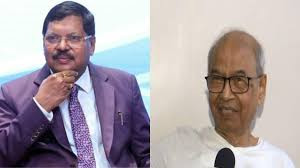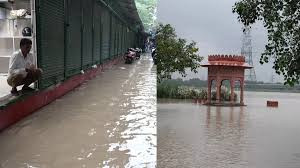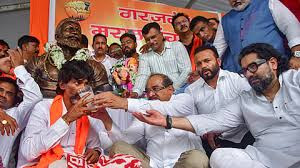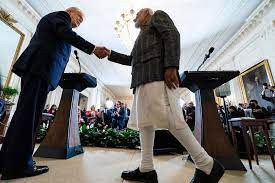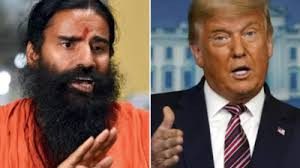Championing India's Global Ascent: A Visionary on a Mission
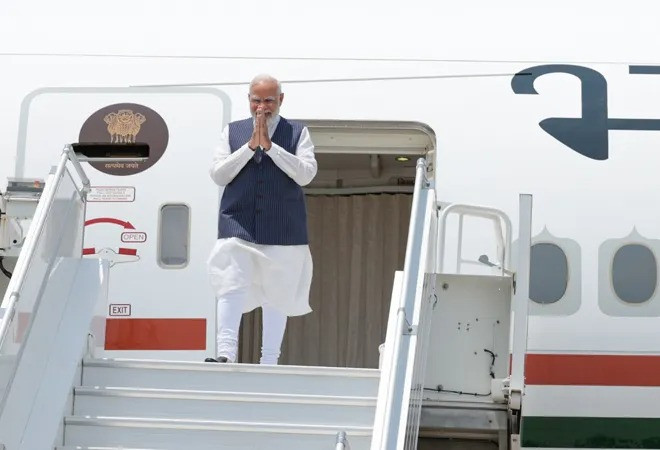
IIE Digital Desk: Prime Minister Narendra Modi arrived in New York on June 20 for a significant state visit to the United States, marking his first visit since assuming office in 2014. The White House expressed its anticipation for the visit, emphasizing the strong partnership between the United States and India, highlighting the familial and friendly ties that connect the two nations. This visit serves to strengthen the relationship between the world's oldest and largest democracies while allowing PM Modi to promote his mission of projecting India's influence on the global stage and internationalizing his deeply held beliefs.
One of the PM's initial engagements in the US was leading the celebration of International Yoga Day at the United Nations headquarters, aligning with his three key principles. In his address to the UN, he described yoga as a model for the world, embodying the spirit of "Ek Bharat, Sreshtha Bharat" (One India, Great India). He stated that yoga expands our inner vision, helps overcome contradictions, blockages, and resistance, and is an extension of the idea of Vasudhaiva Kutumbakam, emphasizing India's tradition of embracing and uniting diverse cultures.
The PM's previous successful endeavors, such as advocating for 2023 to be recognized as the International Year of Millets and launching the groundbreaking LiFE (Livelihood, Inclusion, and Financial Empowerment) initiative, have also been guided by the same principles. In both cases, traditional Indian practices and ethics have been elevated to universal standards, garnering global recognition. Millets offer significant nutritional value, and measures to promote their domestic and international demand will contribute to sustainable production and consumption. Similarly, adopting environmentally friendly lifestyle changes as individuals will contribute to building a cleaner, greener planet.
This overarchig framework of principles has influenced India's presidency of the G20 and the country's emergence as a respected voice representing the Global South. It has also formed the foundation for the PM's efforts to reestablish fundamental social contracts and advocate for a new form of individualism, internationalism, and multilateralism.
The rise of a new individualism is closely linked to digital empowerment. Therefore, promoting digital public infrastructure (DPI) has been a central priority during India's G20 presidency. India stands as the first country to establish all three foundational DPI components—a unique identity system, a real-time fast payment system, and a platform for sharing personal data while safeguarding privacy. Together, these layers have revolutionized public service delivery, empowered citizens, and spurred unprecedented innovation. Presently, over 99.9 percent of Indian adults utilize their Aadhaar ID to access public services, 30 million transactions are made daily through the Unified Payments Interface, and India operates the world's largest tech-enabled financial inclusion program. India is actively sharing its DPI expertise with the world, attracting attention from the Global North. Economist Paul Romer commended India's tech solutions like Aadhaar and Digilocker, stating that India can serve as an exemplar for the world. Statements from the Quad Leaders and the EU-India Trade and Technology Council have also underscored the transformative potential of DPI.
PM Modi aims to establish a new contract between people and the planet, setting the ambitious goal for India to achieve net-zero emissions by 2070. Recognizing that a new internationalism can only be realized through enhanced climate collaboration, India, in partnership with France, founded the International Solar Alliance (ISA) in 2015. The ISA now boasts 114 member nations, and its 'One Sun, One World, One Grid' program, initiated by PM Modi, envisions connecting regional grids through a common grid to facilitate the transmission of renewable energy across borders. Furthermore, to enhance infrastructure resilience to climate-related risks and disasters, the PM established the multistakeholder Coalition for Disaster Resilient Infrastructure (CDRI)
You might also like!





